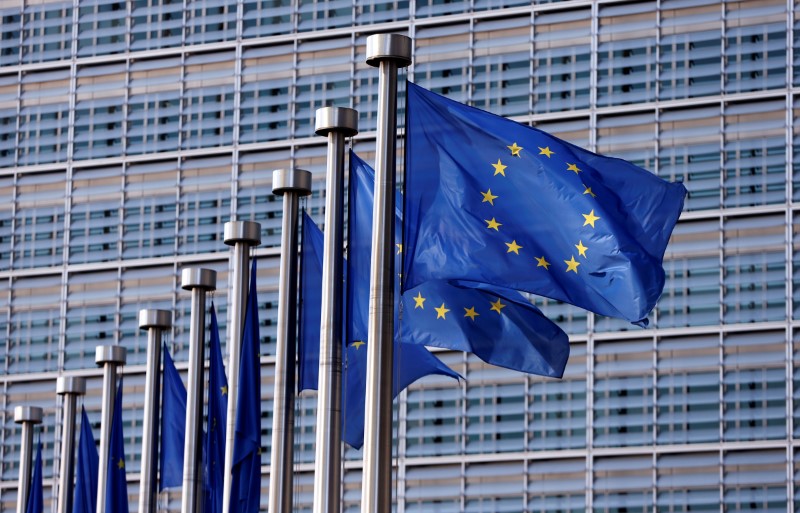The EU’s relationship with the Arctic gets more complex

There was a time when any discussion about the Arctic and the European Union began (and often ended) with Brussels’ ban on imports of seal products.
Dissatisfaction with the measure still runs deep, but, since April, the focus has shifted away from what the EU has done in the region in the past to what it ought to be doing in the future. This is thanks to the publication of a long-awaited statement by the European Commission, the European Union’s executive arm, about what it thinks Europe’s policy toward the region should be.
The commission’s attitude is that a “safe, stable, sustainable and prosperous Arctic is important” for the region itself, for Europe and for the world. It also accepts that Brussels has a strategic interest in the region, although this is downplayed in the 17-page document.
The ball is now in the European Parliament’s court: legislators are in the process of drawing up their response. Much attention is being paid to the details: nearly 400 changes to the text, filling 173 pages, have been made to the 12-page proposal so far.
[The European Parliament keeps an Arctic focus]
Important to both branches of the European government has been discussions with representatives from the region. The commission’s communication, for example, established the European Arctic Stakeholder Forum, a temporary body that brings together EU institutions, member states and regional and local authorities to identify what Brussels’ investment and research priorities in the region should be. Indigenous groups are not included, but have been asked to make comments.
What the commission hears during forum sessions is significant: Half of its directorates-general (akin to ministries) have business related to the region, says Bernhard Friess, a commission official. The meetings, he hopes, will result in a more coherent approach to their programs.
Three forum sessions have been held so far, the most recent lsat week. By the end of the year, commission officials hope to have heard enough to be able to draw up recommendations to pass on to the commission.
Efforts like these, says Nighat FD Johnson-Amin, the vice-president of the International Polar Foundation, a Brussels-based group promoting polar-science initiatives, are an indication that the EU’s understanding of the region has changed.
“It’s no longer just a question of whether the ice is melting, whether ships can get through or whether there will be conflict over resources. Now they want to have a discussion with the people who live there.”
Johnson-Amin’s group organises the Arctic Futures Symposium, an annual Brussels meeting held for the seventh time last week. The increased interest in local conditions has rubbed off on the event, she says. Another big change is the number of people attending, which she reckons is a reflection of the increased attention the EU has shown in the region.
“That is in the best interest of the people who live there, since it makes the Arctic bigger than its 4 million people,” she says.
Keeping strategic issues, most notably the potential for conflict with Russia, separate from the commission’s Arctic policy, according to officials in Brussels, was neither an oversight nor a case of ignoring the matter. Such issues, they point out, were addressed in a the union’s foreign-policy strategy, released around the same time. That conveniently kept the Arctic statement free to focus on areas where it was easier to agree.
Toning down the potential for conflict is also in lock-step with the generally accepted understanding of the relationship among Arctic countries. This, however, is not an attitude that is as widespread in Brussels. Some during last week’s meeting suggested that tensions between the West and Russia in other parts of the world were bound to hinder relations in the North.
Case in point: Despite being invited, no representatives from Russia attended Arctic Futures Symposium.
“That’s as annoying as it is frustrating,” Johnson-Amin says. “But maybe it’s just as well, because not everyone can tolerate being in the same room with Russia right now.”
Brussels, it would seem, has a new way to sour its discussions about the Arctic.